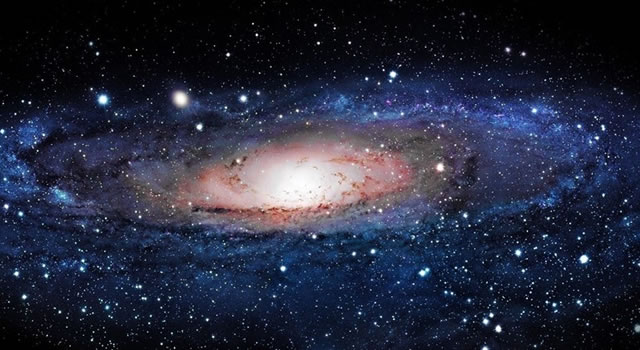Tech
Scientists find mystery galaxy related to Milky Way

Scientists have found a mysterious galaxy, twinned with our own, thought to have been shredded apart.
Even though the galaxy has been mostly destroyed, it left behind an intriguing trail of evidence.
The universe is haunted by bits left behind from when it was around, such as an almost invisible halo of stars larger than the Andromeda galaxy itself and an elusive stream of stars, the researchers write.
The galaxy was ripped to shreds by Andromeda, our nearest galactic neighbor, the new paper claims. But it was once the third-largest galaxy in our local area.
Read also: Facebook suspends another data-analytics firm
Scientists have long known that the halo of stars contained the remnants of cannibalized galaxies. But they feared that there were so many smaller galaxies contained within that it would be impossible to learn about any specific one.
New computer simulations allowed them to find that while Andromeda had eaten many galaxies, many of the stars found in the halo actually came from one larger shredded galaxy.
“It was a ‘eureka’ moment. We realized we could use this information of Andromeda’s outer stellar halo to infer the properties of the largest of these shredded galaxies,” said lead author Richard D’Souza, a postdoctoral researcher at the University of Michigan.
RipplesNigeria… without borders, without fears
Click here to join the Ripples Nigeria WhatsApp group for latest updates.
Join the conversation
Support Ripples Nigeria, hold up solutions journalism
Balanced, fearless journalism driven by data comes at huge financial costs.
As a media platform, we hold leadership accountable and will not trade the right to press freedom and free speech for a piece of cake.
If you like what we do, and are ready to uphold solutions journalism, kindly donate to the Ripples Nigeria cause.
Your support would help to ensure that citizens and institutions continue to have free access to credible and reliable information for societal development.






















